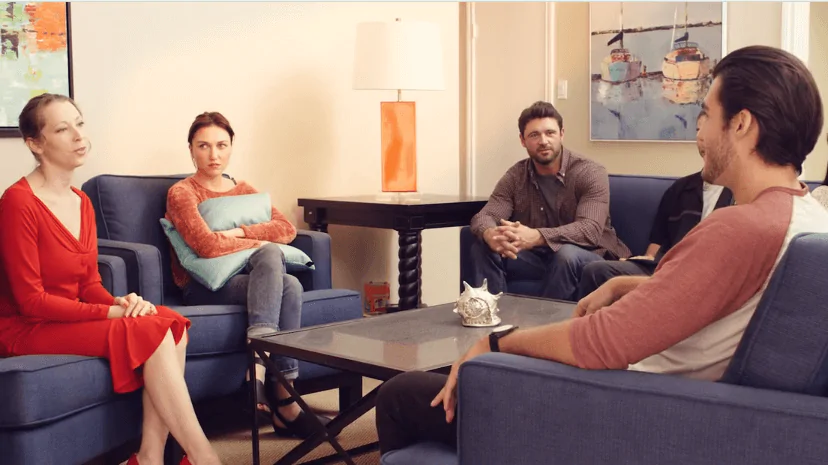24/7 Helpline:
(866) 899-221924/7 Helpline:
(866) 899-2219
Learn more about OCD Treatment centers in Kootenai County

Other Insurance Options
Beacon

BHS | Behavioral Health Systems

Kaiser Permanente

Medical Mutual of Ohio

Meritain

Optum

United Health Care

Oxford

BlueCross

State Farm

Sutter

Health Net

Ambetter

Humana

ComPsych

Premera

WellPoint

CareFirst

MVP Healthcare

PHCS Network




Rathdrum Counseling Center
Rathdrum Counseling Center is a private rehab located in Rathdrum, Idaho. Rathdrum Counseling Center...

Aces Community Services
Aces Community Services is a private rehab located in Post Falls, Idaho. Aces Community Services spe...








































































































































